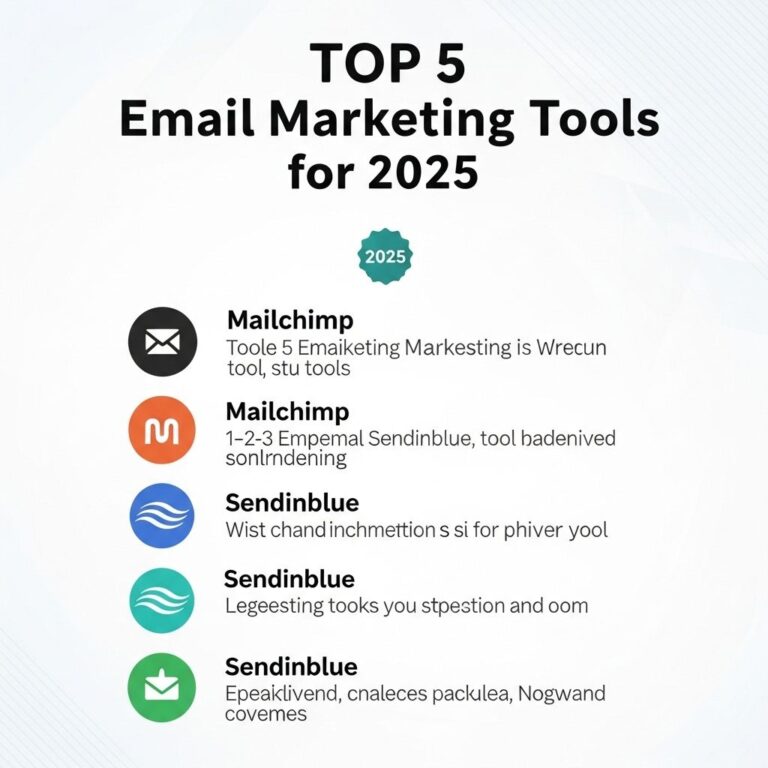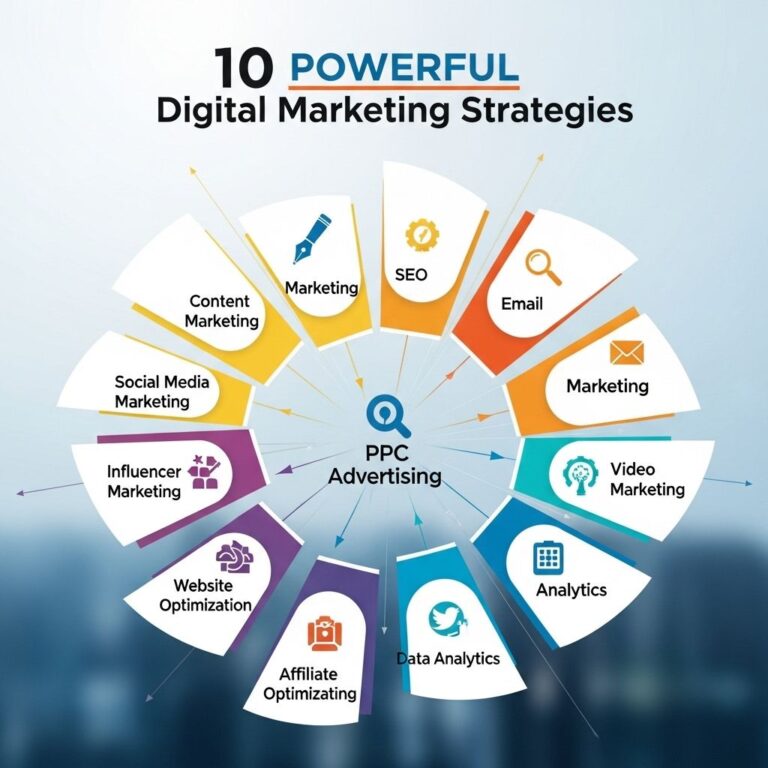Table of Contents
Introduction to SEO
Search Engine Optimization (SEO) is the process of optimizing your website to rank higher in search engine results pages (SERPs), thereby increasing its visibility. With the digital landscape becoming increasingly competitive, understanding the intricacies of SEO is crucial for any business aiming to succeed online. The implementation of an effective SEO strategy can result in heightened brand awareness, increased web traffic, and ultimately, higher conversion rates.
SEO involves various strategies and techniques ranging from keyword research and content creation to technical optimizations. Each aspect plays a significant role in determining how search engines perceive and rank your site. This optimization journey isn’t merely about appeasing algorithms; it’s about creating a better user experience and a stronger digital presence.
Essential Components of SEO
SEO can be broadly divided into three main components: On-page SEO, Off-page SEO, and Technical SEO. Each of these components functions like a gear in a well-oiled machine, pivotal to the overall performance of your SEO strategy.
- On-page SEO: This refers to the practices you implement on your website to improve its position in the rankings. Key elements include optimizing title tags, meta descriptions, header tags, and ensuring keyword density. Effective on-page SEO ensures that your site is as search-friendly as possible, thus making it an easier choice for search engines when ranking pages.
- Off-page SEO: This involves efforts taken outside of your website to influence your site’s standing in search results. Building backlinks from reputable sites and engaging in social media marketing are important aspects of off-page SEO. The authority and trustworthiness of your website increase with quality backlinks, essentially helping search engines to view your content as credible and authoritative.
- Technical SEO: It focuses on enhancing the backend structure of your website. Properly set up sitemaps, improved page load speed, mobile-friendliness, and secure sockets layer (SSL) certificates are some key components of technical SEO. The focus here is to make sure search engine crawlers can easily access and index your site’s pages. This includes optimizing your site for mobile devices, as more than half of web traffic comes from mobile searches.
Importance of Keyword Research
At the core of SEO lies keyword research, which involves identifying the terms your target audience uses to search for your products or services. Adequate keyword research guides content creation, making sure it aligns with what potential customers are searching for, thus bridging the gap between customer needs and your product offerings. It’s the foundation upon which any successful SEO campaign is built.
Tools like Google Keyword Planner, SEMrush, and Ahrefs can facilitate an in-depth analysis of keyword volume and competition to fine-tune your strategy. With these tools, businesses can discover relevant and high-traffic keywords, paving the way for content that is well-aligned with audience expectations. Such precision ensures you not only capture the interest of potential customers but also speak their language.
Crafting High-Quality Content
Content is king in SEO, and creating informative, engaging, and valuable content is imperative for success. It is important to maintain originality and relevance, seamlessly incorporate keywords, and use a mix of text, images, and videos to keep readers engaged. Quality content often translates to longer page visits, indicating to search engines that your website is valuable and credible.
- Content Structure: Use headings, subheadings, and bullet points to make content more digestible. Organized content improves readability and helps search engines understand the hierarchy and importance of your information.
- Visual Appeal: Include images and videos to break up text-heavy sections and facilitate better understanding. Multimedia elements not only enhance user experience but also boost the likelihood of content sharing across platforms.
- Regular Updates: Frequently updating content to reflect new data or trends can boost rankings. Fresh content signifies to search engines that your site is relevant and up-to-date with current industry trends or consumer interests.
Navigating SEO Challenges
The path of SEO is fraught with evolving challenges. Algorithms are continually updated, often reshaping the SEO landscape. Staying informed about these changes is vital, and being adaptable is key to maintaining a successfully optimized website.
Understanding Algorithm Changes
Search engines, particularly Google, regularly update their algorithms. These updates can have a varied impact on your ranking. Understanding each update and adjusting your SEO strategies accordingly can help mitigate potential negative impacts. Regularly checking search engine forums, and blogs or opting into Google’s own notifications can help you stay ahead of these changes.
Competitor Analysis
SEO doesn’t exist in a bubble; your competitors are also likely engaged in efforts to optimize their web presence. Conducting thorough competitor analysis can offer insights into the keywords they’re targeting, their backlink profiles, and their content strategies. By understanding their strengths and weaknesses, you can better position your strategy to capitalize on overlooked opportunities and stay competitive.
Tracking and Analytics
The effectiveness of an SEO strategy can’t be gauged without proper tracking and analytics. Tools such as Google Analytics provide vital data on website performance, traffic sources, and user behavior, which can highlight areas for improvement. Understanding these metrics allows businesses to refine their strategies and boost their SEO efforts efficiently.
FAQ
What is the difference between on-page and off-page SEO?
On-page SEO focuses on elements within your website like title tags, content, and meta descriptions, while off-page SEO deals with external factors like backlinks and social media influence. Simply put, on-page is within your control, whereas off-page depends on the perception and reception of your brand by the larger community.
How crucial are backlinks for SEO?
Backlinks are vital as they represent a vote of confidence from one site to another, effectively telling search engines that your content is credible and authoritative. High-quality backlinks generally dictate lead generation and significantly aid in climbing the rankings on search results pages.
Can social media impact SEO?
Yes, although indirectly. Social media platforms can drive traffic to your site, enhance content reach, and assist in link building, all of which are beneficial for SEO. Although social shares themselves are not a direct ranking factor, they increase the visibility of your content which may lead to more earned links and engagement.
Why is technical SEO important?
Technical SEO ensures that your site meets search engine requirements, regarding aspects like speed and crawling, to improve organic rankings. Proper technical SEO practices can make a significant difference in how search engines crawl and index your content, ensuring it is visible to your target audience.









